Subscribe: Apple Podcast | Email | Spotify | Stitcher
What’s the verdict: are organic fruits and vegetables really worth it?
How will you decide? Will the deciding factor be the nutritional profile of organic fruits and vegetables, the reduced exposure to pesticides or because the farming methods used are possibly more sustainable?
If you need help deciding then join Rhaya Jordan and I over on the podcast called Healthy Eating for Kids. It’s available on all major podcast listening apps.
Or simply click play on the media player above or at the end of this blog post.
Rhaya and I first met at a Daylesford event where I was invited to be part of an expert panel to discuss eating well from childhood and beyond. Rhaya is a nutritionist and herbalist specialising in people with diabetes.
Let’s talk organic fruits and vegetables
For a long time, the health benefits of organic fruits and vegetables were unclear.
A systematic review, which is high level evidence by the way, concluded in 2012 that there was no significant difference between organic fruits and vegetables compared to the conventional types.
If pesticide exposure worries you, then the good news is that the paper did find that exposure to pesticide residues and antibiotic resistant bacteria was found to be lower in organic fruits and vegetables.
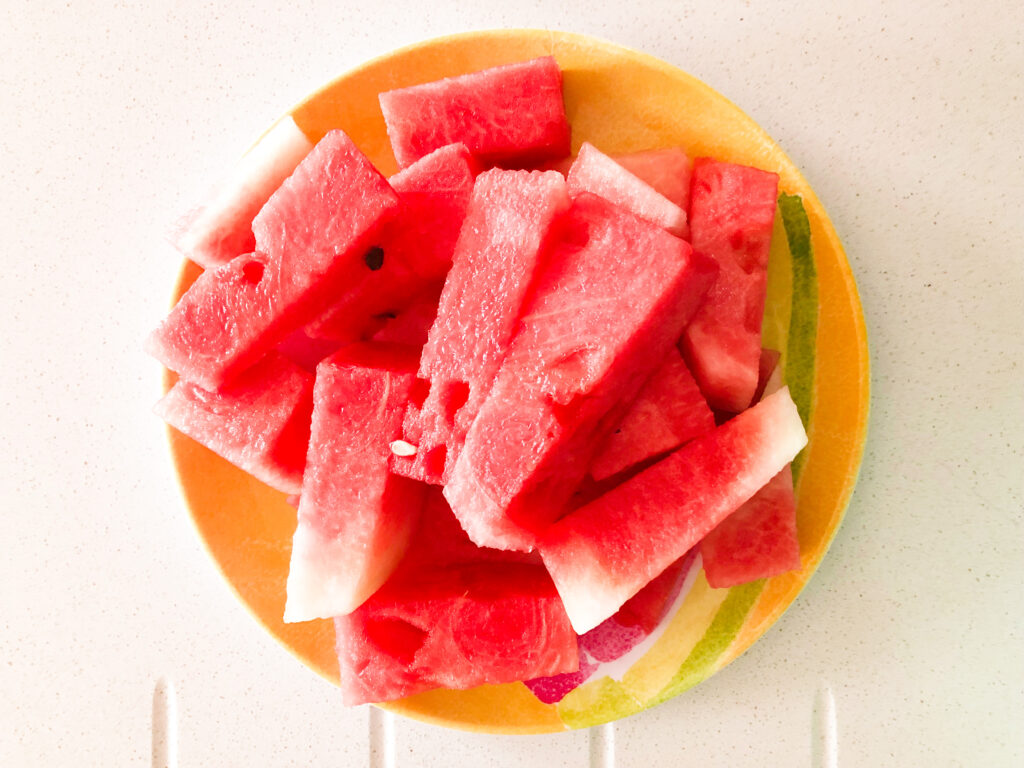
So why organic?
If there’s no profound nutritional benefit, then why such a hype on organic foods?
Let me explain. The history of organic fruits and vegetables changed after a UK study published it’s findings in the British Journal of Nutrition in 2014.
Antioxidants
The international experts found that the antioxidant profile in organic fruits and vegetables was 20% to 60% higher than in conventionally grown crops. This was also true for cereals.
What does it mean? This is the equivalent of eating an additional 1-2 portions of fruits and vegetables without the additional calories.
A healthy sign you say? The trouble is true statistical significance was only observed for fruits.
But here comes the good part. Phenolic acids and compounds was calculated to be significantly and substantially higher in organic fruits than in conventional crops (reference).
This is good news because polyphenols have a role in keeping bodies working well and may have anti-inflammatory properties.
Flavones and flavonols, another type of antioxidants were also found to be higher, but only in organic vegetables and cereals. Onions, kale, lettuce, tomatoes, apples, grapes and berries are rich sources of flavonols.
Celery, parsley, red peppers, chamomile, mint and ginkgo biloba are among the major sources of flavones.
Flavonoids are considered to have antioxidant properties that may be beneficial in cancer, Alzheimer’s disease and atherosclerosis. Not that kids care about that stuff, but getting them to eat a good range of fruits and vegetables early is important.
Vitamin A
Organic fruit may also contain significantly higher concentrations of carotenoids which are a type of plant vitamin A.
Vitamin A is important for immunity, vision and healthy hair and skin.
It’s the little details like this that probably excite you about eating organic fruits and vegetables.
But wait, there’s more.
If you are not working with a registered paediatric dietitian and you’d like to chat about your child’s nutrition in more detail, then I invite you to book a free call with me to discuss how we can work together.
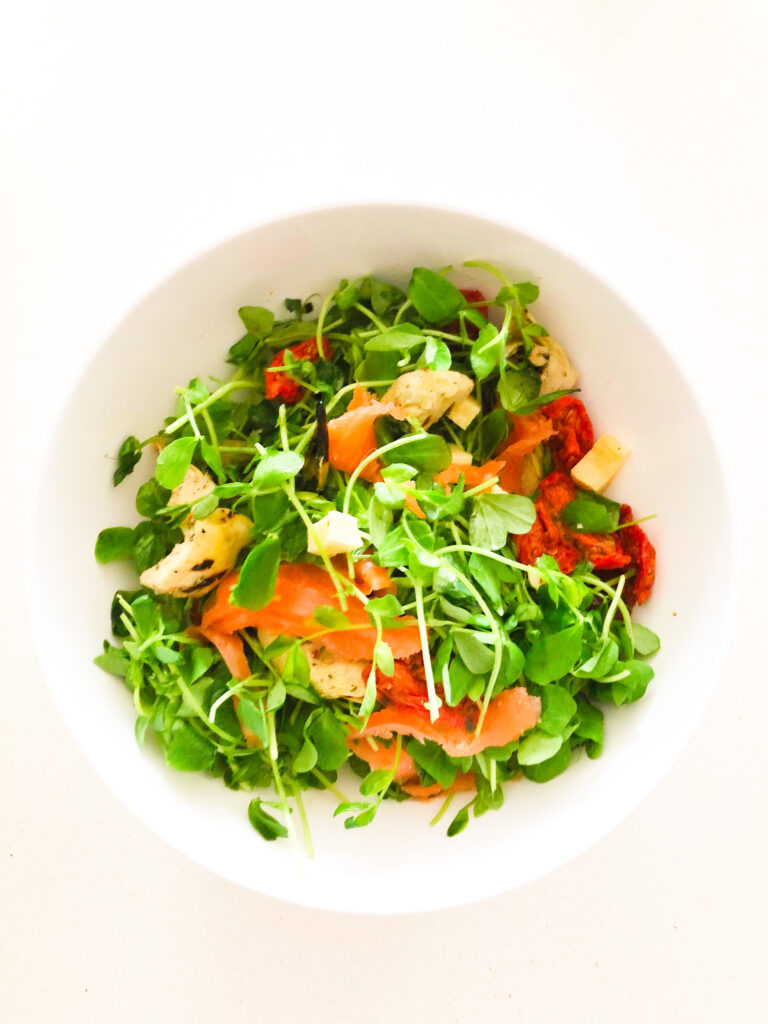
Healthy fats
A team led by Newcastle University showed that the fatty acid profile in organic meat was better in 2016.
The scientists attributed the superior omega-3 fatty acid content in organic meat (beef, lamb and pork) and milk down to the outdoor foraging lifestyle adopted by organically grown livestock.
Organic milk may also be worth considering as it offers a better overall polyunsaturated fat profile, higher levels of vitamin E and iron.
The downside? There’s less iodine and selenium in organic cow’s milk. Both minerals are important for growth, to support normal immune function and to keep tissues healthy by preventing cell damage.
Cadmium concentrations and pesticide residues
Pesticide residues was found to be four times higher in conventional crops, which also contained significantly higher concentrations of the toxic metal cadmium.
This advantage combined with an additional increase of 20-60% antioxidant intake could support making the switch to organic fruits and vegetables in your home.
Click on the image to subscribe
The bottom line
- Organic fruits and vegetables contain less pesticide residues
- Offer higher antioxidants such as flavanoids and polyphenols.
- Organic fruits may also contain significantly more vitamin A
- Organic meat and milk have a better profile of healthy fats, but contain less iodine and selenium which are important minerals.
- It is not yet known what the impact of a higher intake of antioxidants would be for our health.
- You still need to thoroughly wash all fruit and vegetables prior to cooking and eating.
- If your budget does not allow for organic fruits and vegetables, simply increase the amount of conventionally grown fruits and vegetables that you offer your child.
Do I buy organic?
Yes I do. Meat, chicken and eggs purely for reasons around animal welfare.
We have also switched to calcium enriched plant drinks and yoghurt at home for exactly the same reason. Needless to say, French cheese is a little more difficult to give up!
I don’t pay any attention to the US list of the “dirty dozen” or whatever it is called.
In fact, I’ve decided not to refer to the annual list in this article as I can’t imagine what the goal of that would be?
I do however love visiting the local farmer’s markets. I generally buy a mix of organic and conventionally grown fruits and vegetables.
You can read more about organic produce over at the environmental working group, the soil association and community supported agriculture.
At the end of the day, if your child is a fussy eater, it may seem desirable to push organic fruits and vegetables.
As pleasurably healthy as that sounds, getting children to love any fruits and vegetables and eating enough of it should be the main priority regardless of whether it’s organically grown or not.
Whether the environment, animal welfare or your family’s health drives you to purchase organic fruits and vegetables, as long as your budget allows you to do so, then of course you can.
Feel carefree but still scared of missing out? Aim to get your family to eat their daily five portions of fruit and vegetables regardless of how it’s been grown. All types of fruit and vegetables offer health benefits.
Let Me Help
Would you like to meet a children’s dietitian who has successfully helped families solve their nutrition problems from around the world?
Whether you are worried about picky eating, food allergy or need to help your child build a healthy relationship with food, I’ll help you manage these with confidence.
For bookings and enquiries email me on [email protected] or book a free 15 minute call to discuss how I can help you at one of my London clinics.
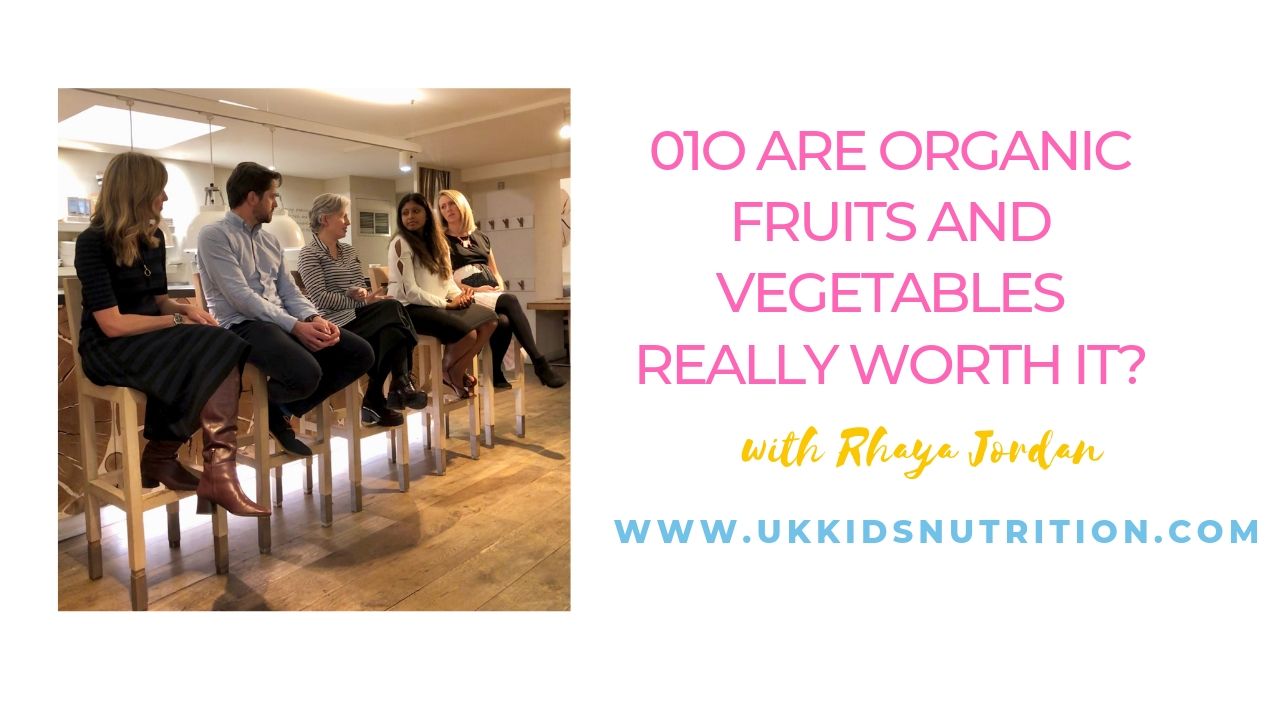

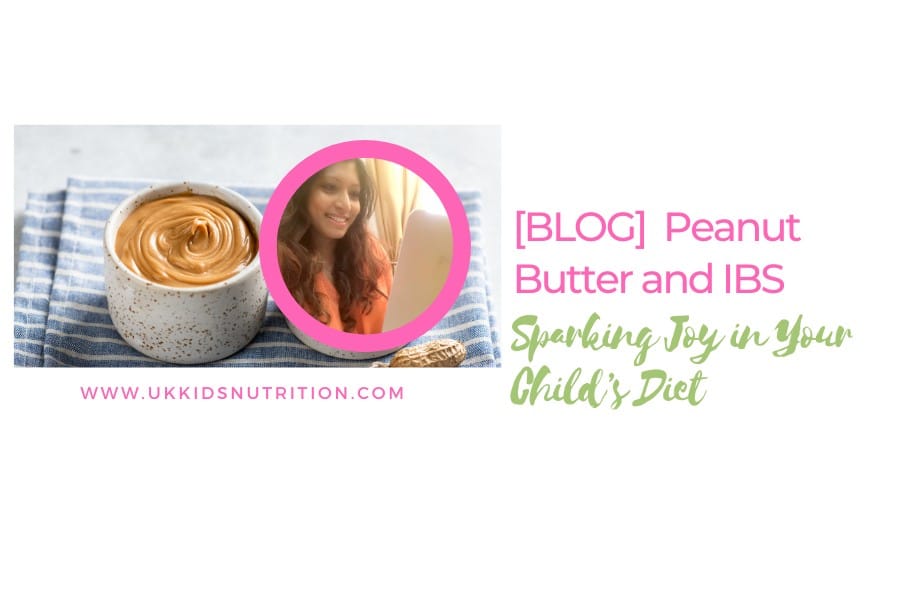
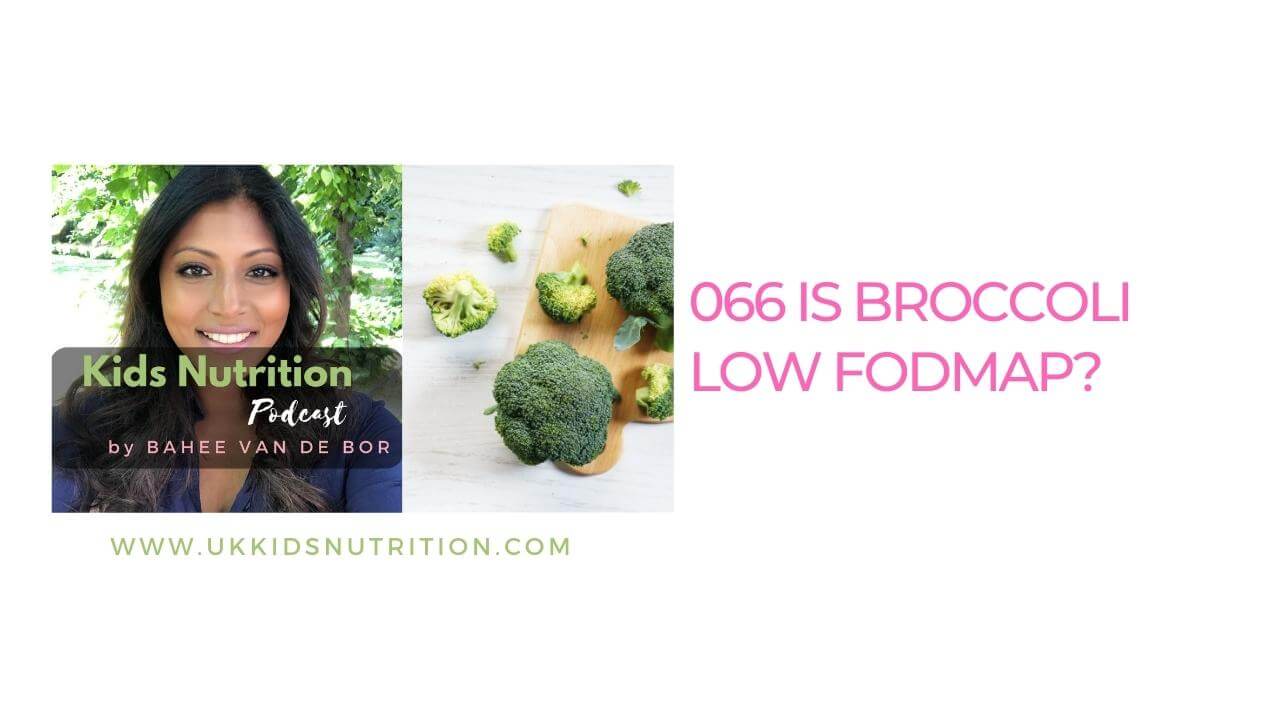
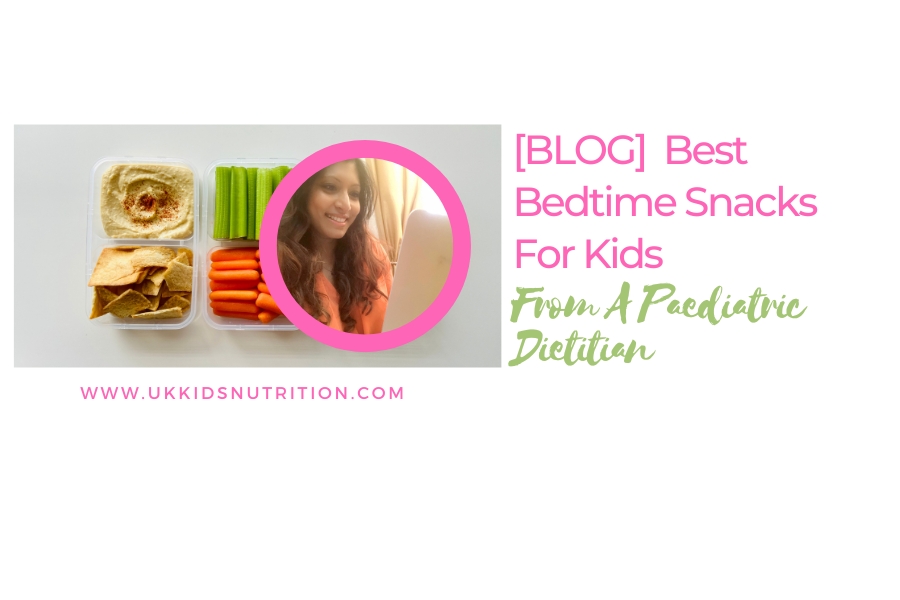
One thought on “Are Organic Fruits And Vegetables Really Worth It?”
Great info, Bahee! Thanks for explaining the research and sharing practical advice.